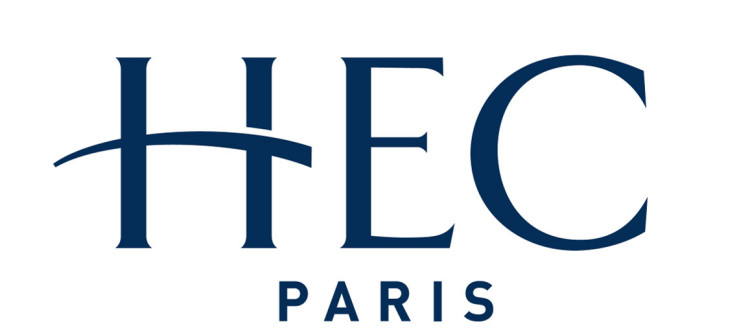- Leadership
Addressing Severe Uncertainty
HEC Paris’ Professor Brian Hill offers valuable guidance at a time of economic, geopolitical, and environmental uncertainty
Uncertainty (as in the term VUCA) has been cited as a business dynamic for decades. Today we are now confronting extreme uncertainty—economic, geopolitical, and environmental—not to mention the uncertainty still surrounding coronavirus and other potential viruses. We are very much in the realm of Donald Rumsfeld’s “Unknown unknowns.”
In a recent article commenting on his previous research, CNRS Research Director and HEC Paris Research Professor Brian Hill, posits that: “As I see it, severe uncertainty poses a double challenge. The first is to work out what we do know and how solid that knowledge is, avoiding two pitfalls: nihilism—assuming that because we can’t put probabilities, we don’t know anything at all—and self-deception—pretending or assuming that we know more or have more precise knowledge than we in fact do. The second is to work out how to harness what we know—and more importantly recognize what we don’t—in decision making. Good, responsible, and informed but not self-deceptive decision making.”
Traditionally, attempts to deal with severe uncertainty have taken the purely rational approach of measuring probabilities. But, in real-life situations although we may know something we often do not know enough to justify a probability. This approach can go seriously awry—modelers who predicted as many as 2.2 million people would die in the US and 500,000 in the UK, from COVID-19, were significantly over pessimistic, arguably causing damaging overreaction.
People crave certainties and so tend to invent knowledge that doesn’t exist. While it makes sense to uses probability analysis to manage risk, it is important to understand the clear distinction between risk and uncertainty and to acknowledge our power to make predictions is limited to the facts we know. When uncertainty is severe, when we do not know what the future will hold, particularly in the midst of a crisis, we must make decisions anyway—inertia is not an option.
In his research, Confidence in Beliefs and Rational Decision Making, Professor Hill outlines an approach to decision making under severe uncertainty that addresses the challenge:
“It combines two ingredients:
1. Confidence
Forget pretending that you can always give a probability and:
a. Ask for your best guess. Then ask how confident you are of it. That might not be very confident at all (if so: don’t rely on it!)
b. Then ask: if you had to give a probability range that you were very confident in, what would it be. (For difficult cases, this range could be very large: that’s what makes the case difficult!)
c. Repeat, asking for ranges that more or less confident in, or sure of. (You don’t even need to settle on a single range, but just ask how confident you are in a given range—on the basis of what you know).
2. Confidence-based caution
a. For more important decisions, demand more confidence in the judgements on which you rely to take the decision. If you have lots of confidence in a judgement or an assessment, by all means base your decision on it. If not, perhaps you should fall back on the (weaker, more imprecise) judgements of which you are surer—especially if the decision is very important.
b. Now these judgements may be so weak as not to support any option as best: you don’t know enough to categorically justify a single course of action. In such cases, acknowledging this is a crucial first step. In the face of it, it’s best to show caution and take an alternative that won’t lead to too bad a result, no matter which of the values in the range (of which you are sufficiently confident) turns out to be right.”
Hill’s approach does not dismiss the use of modeling, it merely suggests models should be viewed with caution and taken account of along with confidence judgements on the probability assessments that come out of the models. His advice is that we should be "applying precaution when you are not confident enough for the importance of the decision, and choosing boldly when you are."
………………………………………………………………………………………………………………
Read or listen to a podcast of Professor Hill's full article here
………………………………………………………………………………………………………………
Access the research paper: ‘Confidence in Beliefs and Rational Decision Making,’ Brian Hill, HEC Paris Research Paper No. ECO/SCD-2018-1258, Available at SSRN: https://ssrn.com/abstract=3144309 or http://dx.doi.org/10.2139/ssrn.3144309
ARTICLES YOU MIGHT LIKE
RESEARCH
A recent study examines shared leadership configurations and their effectiveness in teams
DEVELOPING LEADERS QUARTERLY MAGAZINE AND WEEKLY BRIEFING EMAILS


































